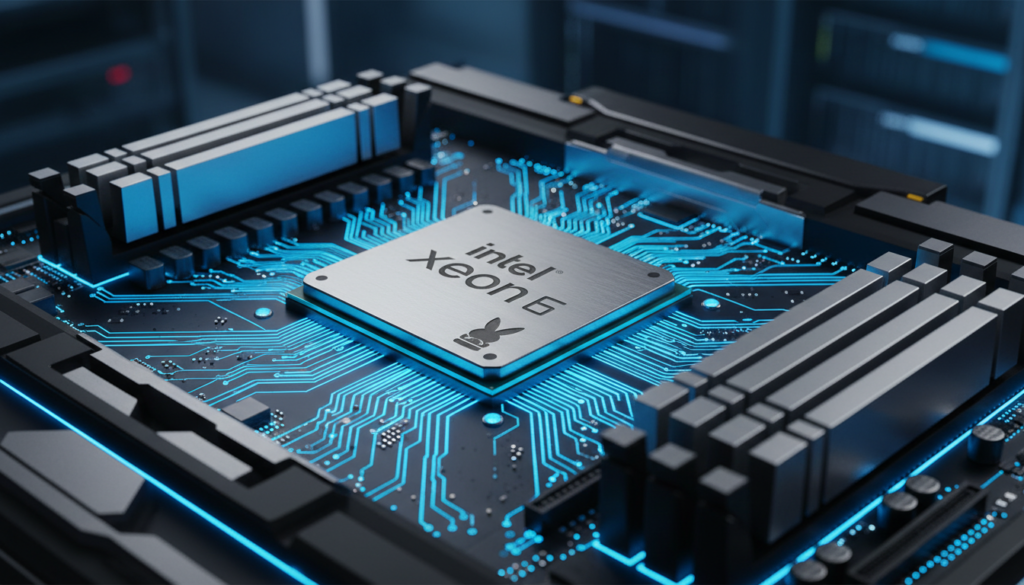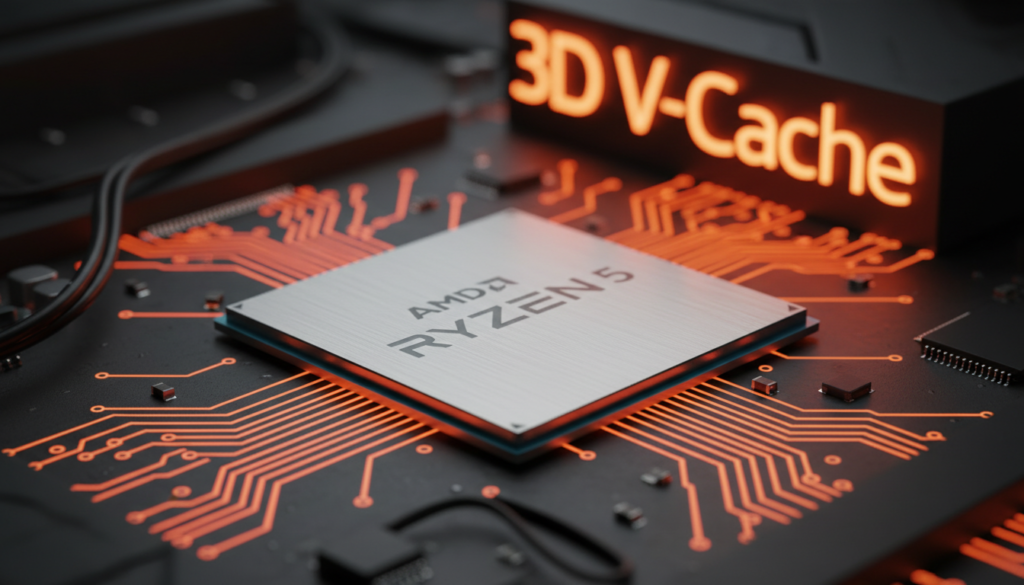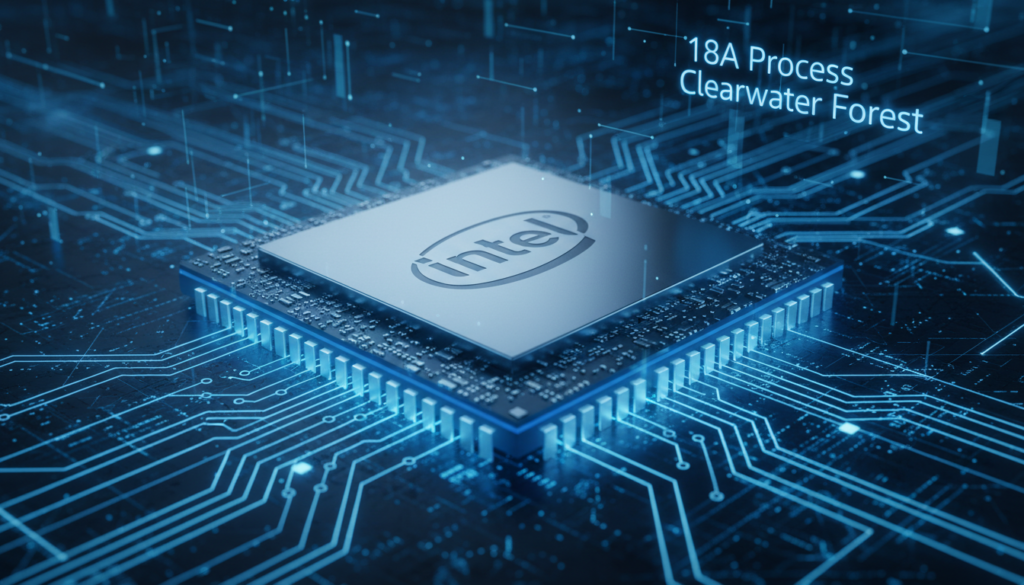Los procesadores Intel Core de 13.ª y 14.ª generación, conocidos como Raptor Lake y Meteor Lake, han sido protagonistas en el mundo del hardware. Estas generaciones traen mejoras significativas en rendimiento, eficiencia energética y capacidades de overclocking. Sin embargo, recientemente surgió un problema de inestabilidad en algunas placas base al utilizar estas CPUs, el cual Intel ha confirmado que ya está resuelto mediante actualizaciones de BIOS. A continuación, te detallo lo que necesitas saber.
Arquitectura y Mejoras Técnicas
Los procesadores de ambas generaciones utilizan una arquitectura híbrida, combinando núcleos de alto rendimiento con núcleos de eficiencia. Esto permite optimizar tanto las tareas intensivas (como gaming y edición de video) como las de menor exigencia (navegación web, multitarea). Una mejora clave es la tecnología Thread Director, que optimiza la asignación de tareas entre estos núcleos para maximizar el rendimiento.
- 13.ª generación (Raptor Lake): Con un enfoque en mejoras en el overclocking y rendimiento general, Raptor Lake destaca por su aumento en la cantidad de núcleos y velocidades de reloj más altas en comparación con la generación anterior.
- 14.ª generación (Meteor Lake): Introduce una nueva arquitectura con mayor integración de tecnologías de vanguardia como chiplets y soporte para memorias DDR5, mejorando el rendimiento en tareas multihilo y reduciendo el consumo energético.
Problema de Inestabilidad y Solución
Intel reconoció que algunos usuarios experimentaron problemas de inestabilidad en los procesadores de estas generaciones, sobre todo en ciertas placas base que requerían actualizaciones de firmware. Esto afectaba el rendimiento del sistema en configuraciones específicas. La buena noticia es que, según la propia compañía, estos problemas ya han sido solucionados con actualizaciones de BIOS y no serán necesarias más correcciones futuras.
Rendimiento Comparado
En mi experiencia, utilizando un Intel Core i9 de 13.ª generación para edición de video y multitarea pesada, noté un aumento considerable en la velocidad al exportar proyectos, comparado con generaciones anteriores. Sin embargo, tras instalar la actualización del BIOS recomendada, el sistema se volvió mucho más estable, especialmente al ejecutar cargas de trabajo prolongadas.
Por otro lado, los procesadores de 14.ª generación, aunque más recientes, están diseñados pensando en el futuro de la informática con soporte para nuevas tecnologías. En pruebas preliminares, Meteor Lake ha mostrado una mejora del 10% al 15% en tareas multihilo, lo cual es un salto notable para entusiastas y profesionales que buscan optimizar su flujo de trabajo.
Conclusión
Los procesadores Intel Core de 13.ª y 14.ª generación representan avances sólidos tanto en rendimiento bruto como en eficiencia energética, además de ser soluciones ideales para gaming, creación de contenido y tareas intensivas. Con los problemas de inestabilidad ya resueltos, son opciones seguras y potentes para cualquier sistema. Sin duda, para aquellos que buscan lo último en tecnología de procesadores, estas generaciones ofrecen un balance impresionante entre rendimiento, precio y futuro.




